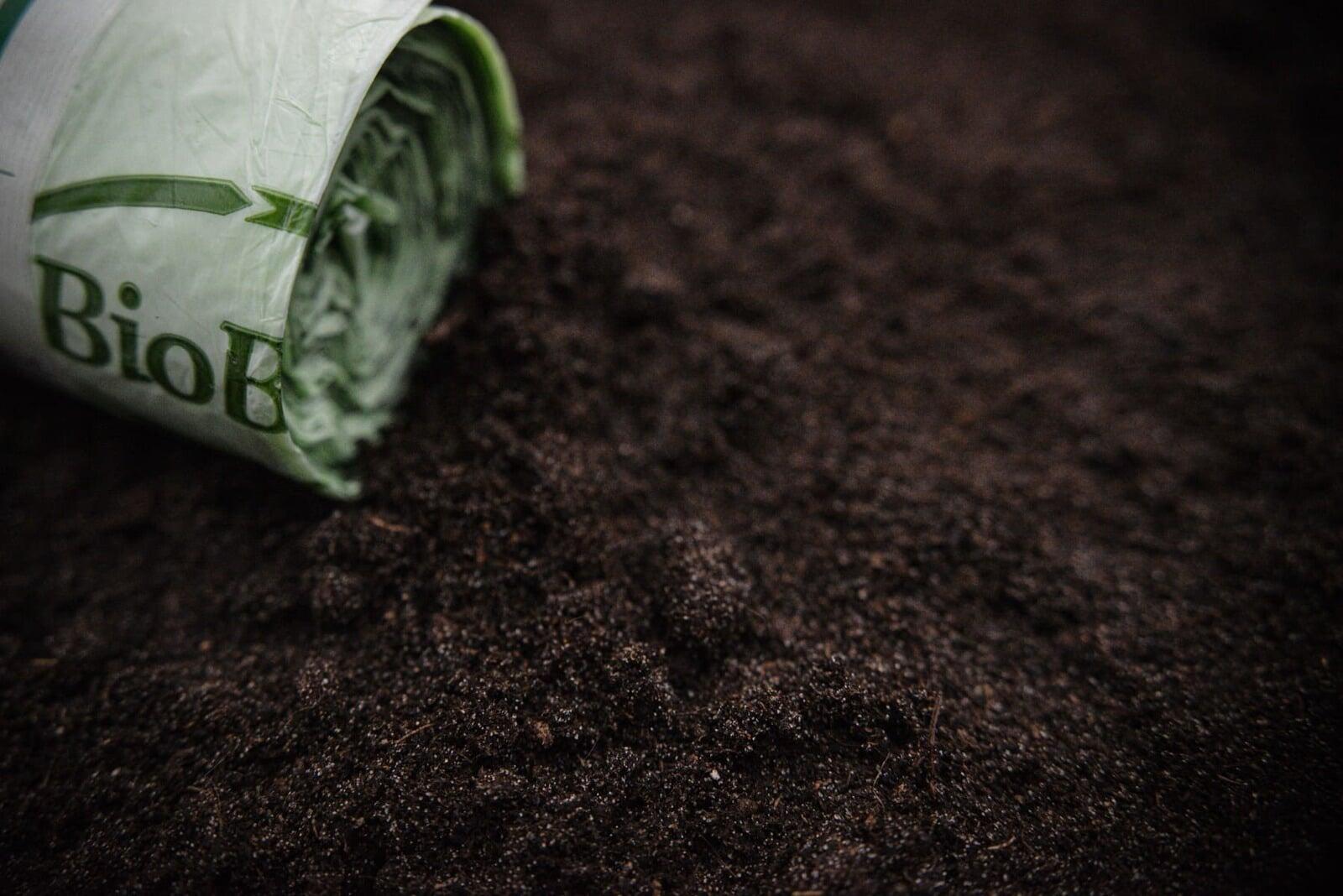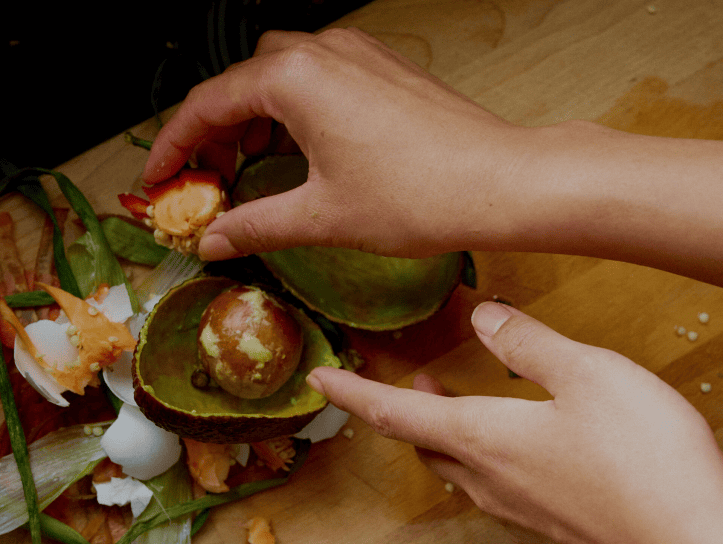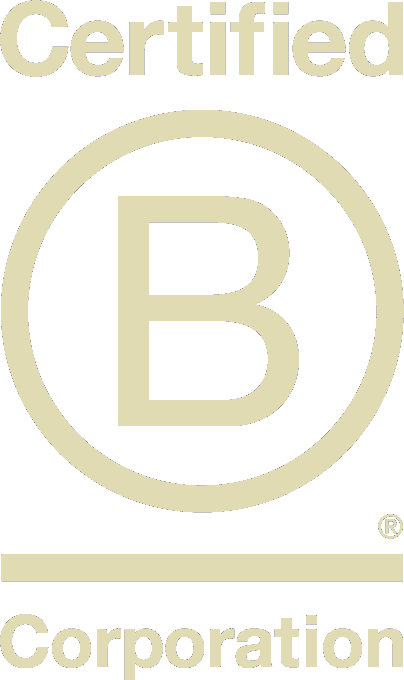Ideology
We are in the market of creating environmental behavior and impact.
Heritage
Biobag comes from a profound driving force to do better, as soon as
we know better.
Promise
Biobag provides tools that make existing habits and behaviour
beneficial to the environment without comprehensive transformation.
Purpose
Biobag fights to create actual behaviour with the biggest
environmental impact possible.
Soil Alert
In the In Australia, an estimated two-thirds of our agricultural soils are considered to have one or more limitations affecting their health. We rely on healthy farmland to grow the crops, fruits, and vegetables needed to feed our population. Yet, with the way we currently exploit, pollute, and degrade these soils—without replenishing their health—the future of soil fertility and food security in Australia faces significant risk.
Valuable resources
Embedded in organic waste
Surprisingly, organic waste like left-over food, vegetable skins, fruit peels, etc. is one of the top-5 threats to global warming. It seems odd because it is the most natural waste humans produce, yet the mere amount and ways we manage it after it becomes waste, is what causes the problem.
The Number
75%
of global consumers worry about climate change
20BT
of waste is produced per year by humankind
28X
Methane gas CH4 that comes from food waste is 28 times as dangerous as CO2
88%
of global consumers wants help to make a difference but struggle to figure out what and how





